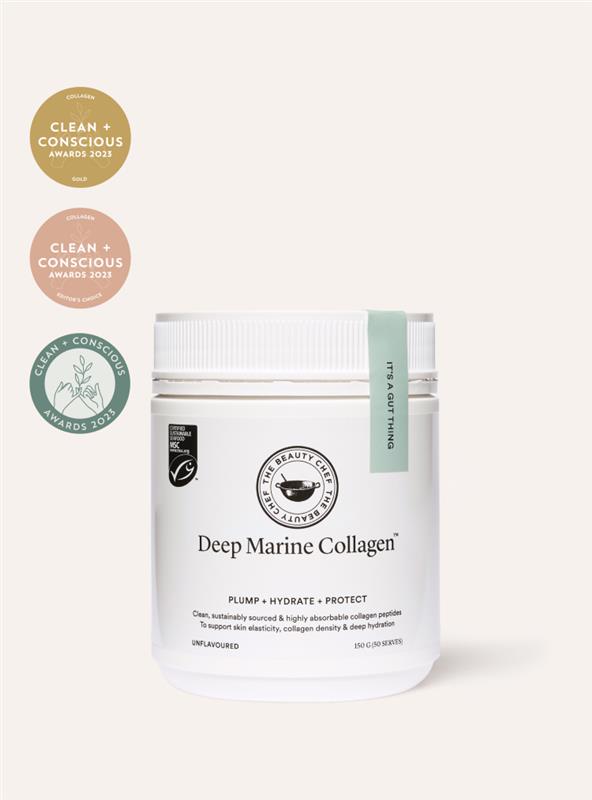
Featuring Dr Shammi Theesan
While we may not wish to admit it—all of us will inevitably be faced with ageing skin concerns at some point in our lives. In fact, after the age of 25, our natural collagen production begins to decline. Leading to a loss of skin elasticity and firmness.
And while our genetics certainly play a role in how our skin ages, our lifestyle and environment also inevitably contribute. To help us to better understand how these factors influence and impact our skin—as well as how we can better support our skin as we age, we spoke to Australian Dermatologist, Dr Shammi Theesan from Ode Dermatology about her practice and holistic approach.
In your experience, what are some of the most common skin concerns that occur with age?
“There are a few: sallow skin, lacking luminosity, age and sun spots; wrinkles, saggy skin; rosacea, skin dryness with an impaired skin barrier; adult acne and hair loss.”
What are the factors that contribute to ageing skin?
“I like to talk about it in terms of inevitable agers—such as the natural wear and tear on your body—and the accelerated agers. Accelerated agers are external forces that accelerate the invisible and visible signs of ageing. These include stress, a sedentary lifestyle, sugar, UV exposure, pollutants and cigarette smoke.”
Can you explain how our genetics play a role?
“Genetics plays a significant part in how we age from how we metabolise food, our hormonal profile and how we fight against cancer at a cellular level. However, the role of epigenetics is crucial in that we can dictate and modulate this by controlling our environment, optimising our gut health, skincare, engaging in autophagy, intermittent fasting, protein and carbohydrate cycling and most importantly exercise.
70% of longevity is related to lifestyle, therefore we are able to positively or negatively influence our genes.”
What are some of your top tips in terms of how we can help to support and protect our skin as we age?
“Interestingly small tweaks and lifestyle changes can have a huge cumulative positive effect on ageing and longevity. Firstly, see a dermatologist. Address any sun damage, inflammation and impaired skin barrier issues—and a combination of prescription medication, lasers, broad-based light energy treatments and high grade cosmeceutical skincare can also recalibrate skin ageing. As an example, broad-based light has been clinically and histologically proven to change the expression of genes associated with ageing and longevity.
As mentioned above, bio-hacks such as autophagy fasting, the right amount of sleep, ketogenic diets (different macronutrients ratios for men and women), carbohydrate and protein cycling can all help. And we also need to really nurture our gut microbiome by reducing sugar, dairy, alcohol, gluten and fried foods. Replenish with prebiotics, cruciferous vegetables, lots of water, sleep and exercise.”
Are there any key ingredients that are particularly effective for ageing skin types?
"Retinols induce cellular renewal, increase collagen and elastin production, minimising lines and wrinkles. But Niacinamide or vitamin B3 is also an anti-inflammatory and antioxidant powerhouse that helps with barrier function, pigment production and sun damage.
The most important would be a zinc-based broad-spectrum sunscreen to combat UVA, UVB and provide visible light protection.”
What are some simple lifestyle practices that we can implement that can help to look after our skin—at every age?
“Firstly, make sure you drink enough water throughout the day. Engage in the right skincare routine for you—and avoid over-cleansing the face. Try not to eat within three hours of bedtime. Keep your gut healthy. Stress less and meditate. Build muscle with weight training and go for long walks—both result in longevity and cellular renewal. And finally, be in bed by 10pm for optimal skin turnover and restoration.”
For more information, follow @odedermatology on Instagram.






